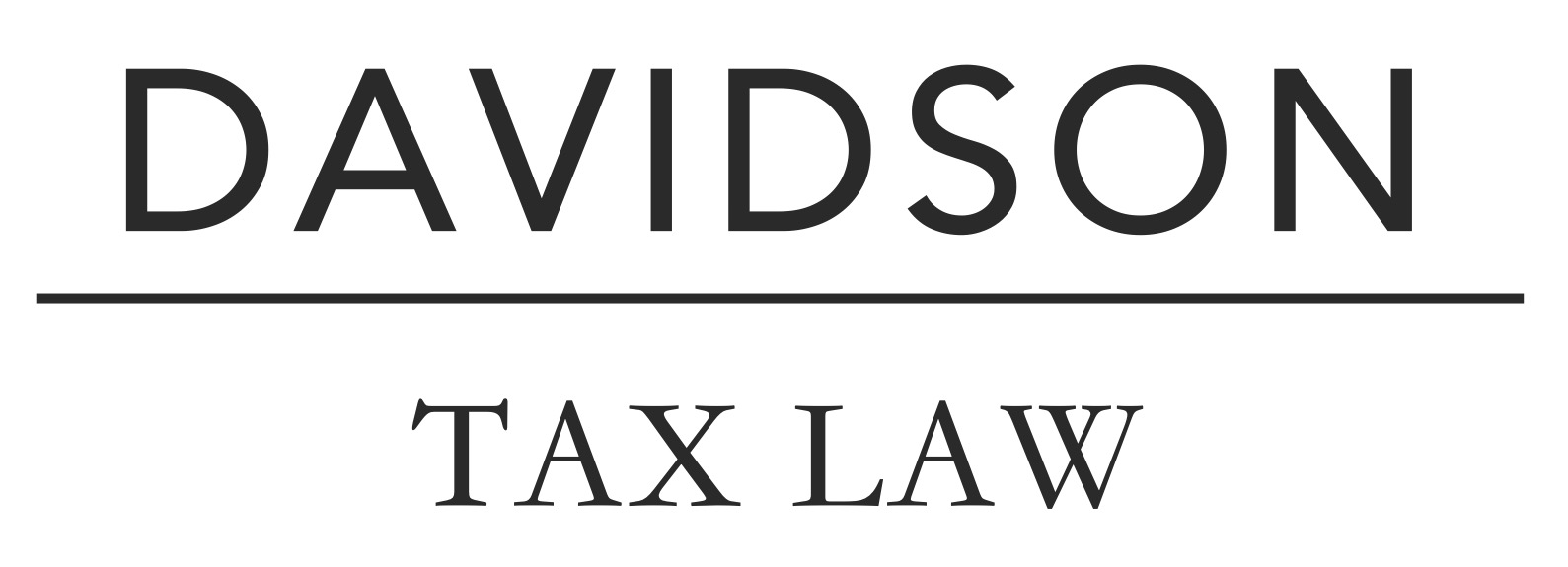Privilege – maintaining the confidentiality of your communications
- Claims of Legal Professional Privilege will continue to be carefully scrutinised by the ATO.
- A party claiming LPP may be required to provide a significant amount of information to substantiate a claim of privilege over a communication.
- Communications involving complex practice types or in house legal practitioners may face additional scrutiny when claiming privilege over communications.
Publication of the ATO’s LPP protocol[1] in June 2022 reminds taxpayers and advisors alike of the controversy claims of Legal Professional Privilege are capable of generating as one of the few avenues to resisting disclosure under the Commissioner’s extensive information gathering powers.
Coming in the wake of a number disputes involving the application of privilege,[2] we would describe the protocol as a codification of the ATO’s view of current practice.
The protocol isn’t the law but does provide a comprehensive list of information and processes the Commissioner utilises to assess acceptance of privilege claims.
The ATO’s LPP protocol is available here.
What is privilege
Legal Professional Privilege, (‘Privilege’ or ‘LPP’) is a substantive rule of common law[3] and statute[4] that protects the confidentiality of communications between a client and legal advisor from compulsory disclosure.
Privilege exists to aid the administration of justice by protecting the confidentiality of communications between client and legal advisor.[5]
In a Commonwealth taxation context, privilege is most often relevant for taxpayers when resisting disclosure or the production of a communication pursuant to the Commissioner’s formal information gathering powers.[6]
The test for advice privilege
Privilege can apply to a communication made for the dominant purpose of obtaining or providing legal advice between a legal advisor and client, or a third party, provided it is for the dominant purpose of obtaining or receiving legal advice.[7]
What is legal advice?
Legal advice includes a legal practitioner ‘telling a client the law’ or ‘what may prudently and sensibly be done in the relevant legal context.’[8]
The definition of legal advice does not include communications made for personal, commercial or financial purposes, but may extend to communications that explain the operation of the law on personal circumstances, commercial transactions or a financial state of affairs.
The limits of Privilege
Privilege does not apply to communications that are made in furtherance to an illegal or improper purpose;[9] documents that are the means of carrying out a transaction, as distinct from advice about the operation of those documents,[10] nor the facts a legal advisor observes in the course providing advice.[11]
The nature of Privilege
While privilege is a common law immunity capable of resisting compulsory disclosure, it is not an actionable right. This is significant where, for example, privileged and confidential communications are stolen, released into the public domain and then into the hands of the Commissioner, as was the case in Glencore.[12]
The Court in Glencore noted that while ‘equity will restrain an apprehended breach of confidential information’[13] including privileged and confidential information, it will only restrain third parties ‘where their conscience is affected’.[14] In Glencore, the Commissioner had not obtained the privileged communications in an improper manner and consequently the court declined to restrain his use of it.
The practical significance of Glencore for taxpayers is to highlight the importance of document security and almost impossible situation one finds themselves in if confidentiality is lost.
Waiver
Privilege can be waived by the client, the legal advisor or other third party when acting on the client’s instructions.
Waiver of privilege is effected where the conduct of the client is inconsistent with the maintenance of confidentiality[15] of a communication.
A waiver can be complete or limited. Generally, limited waiver occurs where communications are provided to a third party for a specific and limited purpose and the confidentiality of the documents is otherwise maintained as against other parties.
Waiver is irrevocable.
Things to keep in mind
Privilege can be a complex area.
- Maintain a formal engagement between you (the client) and your legal advisor to clearly de-mark the professional legal nature of the relationship.
- Ensure communications remain confidential. Privilege is not available to communications that have ceased to be confidential.
- Consider purpose – communications must be for the dominant purpose of obtaining or providing legal advice. The mixing of legal advice and communications that do not constitute legal advice may increase the risk of a claim of privilege being rejected, or inadvertently waived.
- Clearly mark communications as confidential and privileged.
- Privilege must be claimed – it is not automatic. Obtain legal advice prior to providing confidential communications.
- Where taxation advice has been provided by an external accountant, accountants concession may be available. We caution that important differences exist between privilege and accountants concession.
If you are subject to an ATO formal notice or other request for information – obtain appropriate legal advice immediately.
If you would like to know more about anything in this note, or require assistance on matters relating to tax, or legal professional privilege, please do not hesitate to get in touch.
[1] Compliance with formal notices – claiming legal professional privilege in response to formal notices, Legal professional privilege (LPP) protocol, June 2022, Australian Taxation Office (Cth).
[2] See for example CUB Australia Holding Pty Ltd v Commissioner of Taxation [2021] FCAFC 171 and Commissioner of Taxation v PricewaterhouseCoopers [2022] FCA 278.
[3] See Esso Australia Resources Ltd v Commissioner of Taxation [1999] HCA 67, [35], (‘Esso’) and AWB Limited v Honourable Terence Rhoderic Hudson Cole (No 5) [2006] FCA 1234, [44], (‘AWB No 5’).
[4] s118 for Advice Privilege; s119 for Litigation Privilege Evidence Act 1995 (Cth), see also various state Evidence Acts.
[5] Esso (no 3) [35].
[6] s353-10 Sch 1, Tax Administration Act 1953 (Cth).
[7] AWB No 5 (No 3) [44].
[8] AWB Limited v Honourable Terence Rhoderic Hudson Cole [2006] FCA 571, [100], (‘AWB’).
[9] AWB No 5 (No 3) [211].
[10] See Baker v Campbell [1983] HCA 39.
[11] Z v New South Wales Crime Commission [2007] HCA 7, [35].
[12] Glencore International AG v Commissioner of Taxation [2019] HCA 26, (‘Glencore)’.
[13] Glencore (n 12) [6], citing Lord Ashburton v Pape [1913] 2 Ch 469.
[14] Glencore (n 12) [6], citing Australian Broadcasting Corporation v Lenah Game Meats Pty Ltd; [2001] HCA 63.
[15] Bennett v Chief Executive Officer of the Australian Customs Service [2004] FCAFC 237, [35].

